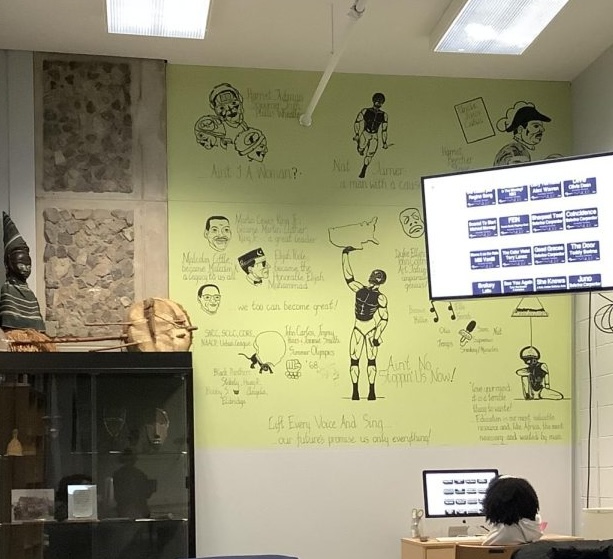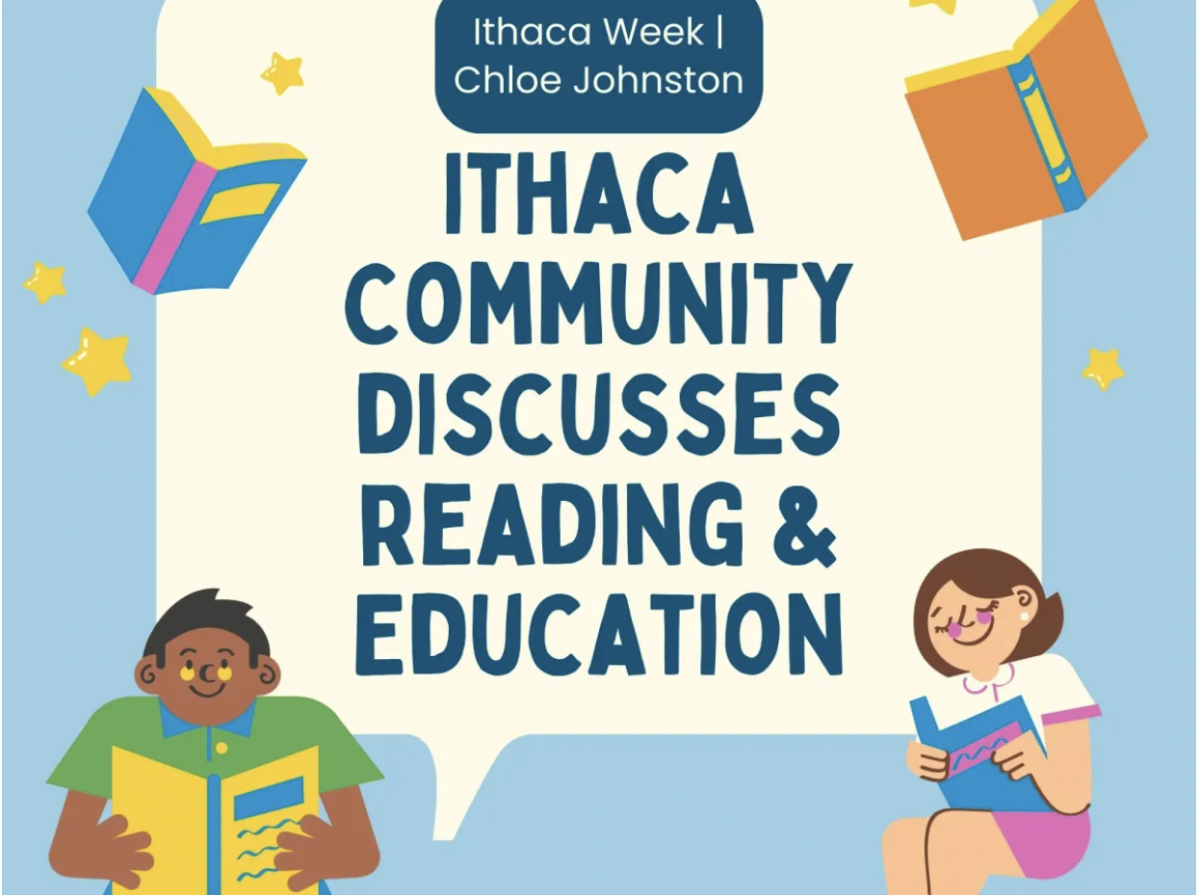In 1966, a group of college-aged students traveled to Nepal as Peace Corps volunteers. Beth Prentice went with a desire to give kids the opportunities that they wouldn’t have otherwise had.
“Living in a society whose daily life, culture, expectations and religious views and pretty much everything were completely different from my own was really mind-expanding,” Prentice said. “We’re so very different in our understandings of the world yet the elements of humanity are still the same.”
Ithaca-based, Prentice is now the volunteer U.S. Board President for Educate the Children, Inc., an organization that gives a classified village an English education to give them more stable lives with more opportunities.
Founder Pamela Carson began the organization in 1990 after a personal visit the year before. Seeing the lack of women’s and children’s education in Nepal, she felt inclined help.
Now, 25 years later U.S. Director Lisa Lyons manages this organization all from her laptop.
When she started working at Educate the Children Inc., she stated that the non-profit had an office. For years, they had been trying to find a third party to share the space with because of the cost of rent. Finally, Lyons made the decision to give up their space, and use their money towards something “more meaningful”—like Nepal.
“All the work happens in Nepal,” Lyons said. “Because we are supporting something that is not here [in the United States], it makes it possible to work mobily.”
Nine board members, who are dispersed throughout different areas of the country, meet three times a year at an agreed location. There they discuss the organization’s status, ideas for upcoming events and future trips to Nepal.
While the group has gotten smaller and the management has changed over the years, Lyons hopes that the flexibility of the job description will draw in more younger people. She aims to gain interest from individuals in their 20s, 30s, and 40s in particular.
ETC relies primarily on donors and fundraisers to keep up the work they do in Nepal. The organization has roughly 200 to 300 supporters at the moment, but that number fluctuates regularly.
“Nobody goes into this to get rich,” said Lyons.
Prentice states how the board holds the responsibilities of overseeing the organization’s spending and ways in which donations are being used.
Approaching her fourth year of work with ETC, Lyons has made two visits to Nepal, once in early 2013, and the second in early 2015.
According to the The World Bank, Nepal’s per capita annual income was only $730 (USD) in 2014. There is a huge economic disparity between castes, and there is a lack of stable infrastructure in many rural areas.
ETC currently employs 17 people in Nepal, several of whom are full-time residents in the villages they work in.
As a non-profit, Lyons states how their concern is always about the residents of the village and the people that they are responsible for educating.
ETC works with 30 schools, totaling more than 3,000 students, and supplies classroom with colored pens, crayons, paper, notebooks, textbooks, among other materials.
“We concentrate highly on early childhood education because kindergarten is somewhat rare in Nepal,” Lyons said. “We have started both pre-k and kindergarten programs because we want the children to be prepared before entering school.”
If a family cannot afford to send all their children to school, they will very often keep the daughters home. They will raise them to be homemakers, parents often leave them responsible for taking care of their younger siblings.
“We always put them first,” said Lyons. “We want to know how they are doing, how we can continue to help, and what things we can do here in the U.S. that they are unable to do there, such as fundraising.”
Lyons states how many Nepali women in this specific community cannot read. Less than 25 percent are completely literate according the the ETC website, and many of them are struggling to support their families due to systematic discrimination and Nepal’s cultural preference for sons.
Spanning from ages 20 to mid 60s, women are grateful that ETC has supplied them with an education, as well as the means to support and express themselves.
Two earthquakes in the spring of 2015 left the country in shambles. ETC was affected severely, losing most of their students’ homes, and displacing all but one of their Nepali staff members who resided in the village.
“The earthquake was a true sign of how strong we are as an organization,” Lyons said. “We pulled together money to enable over 1,000 families with shelter.”
Because of the rapid action from ETC supporters and donors, the organization as well as its community are now returning back to their normal lives.



















